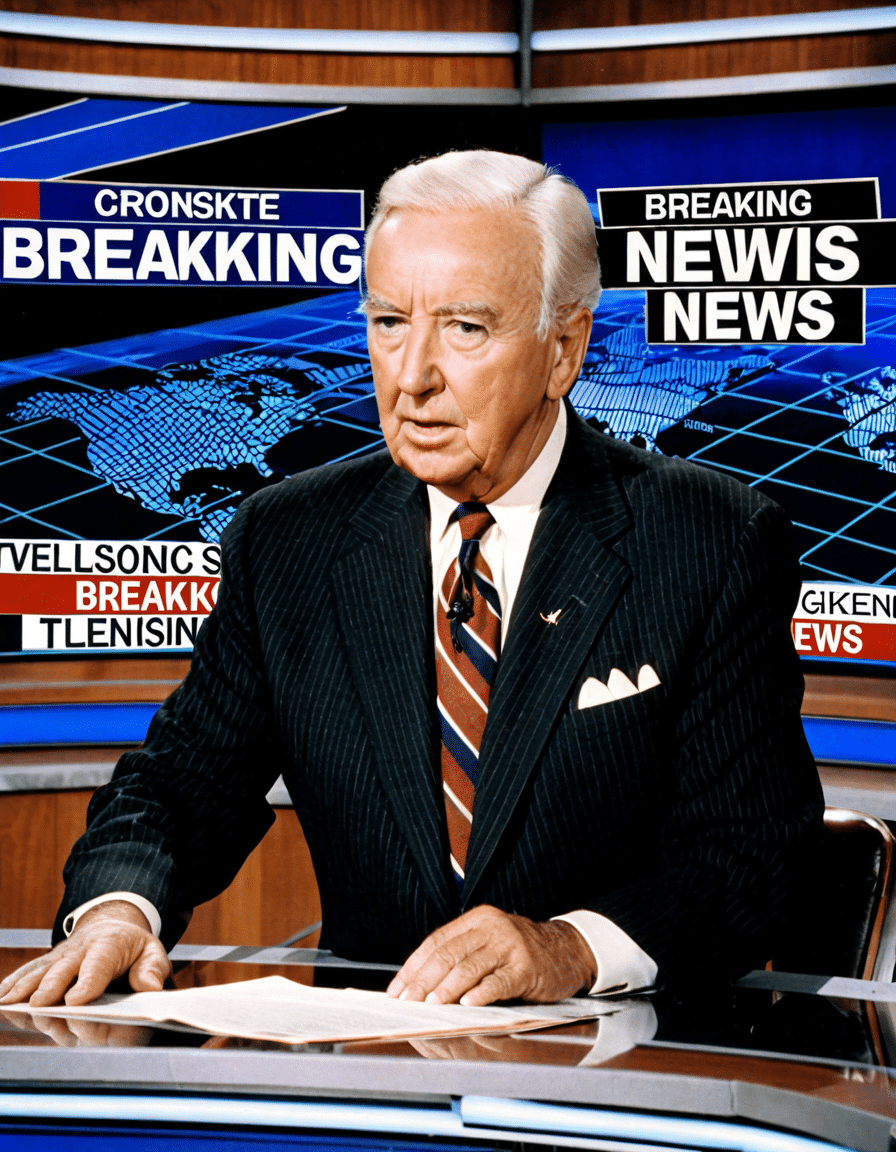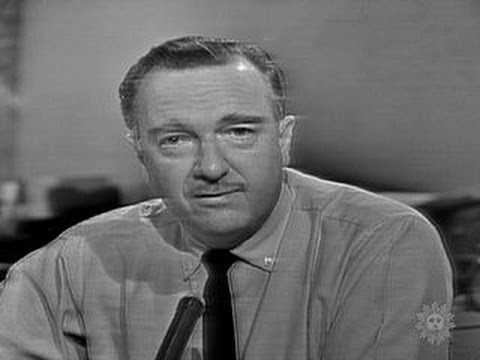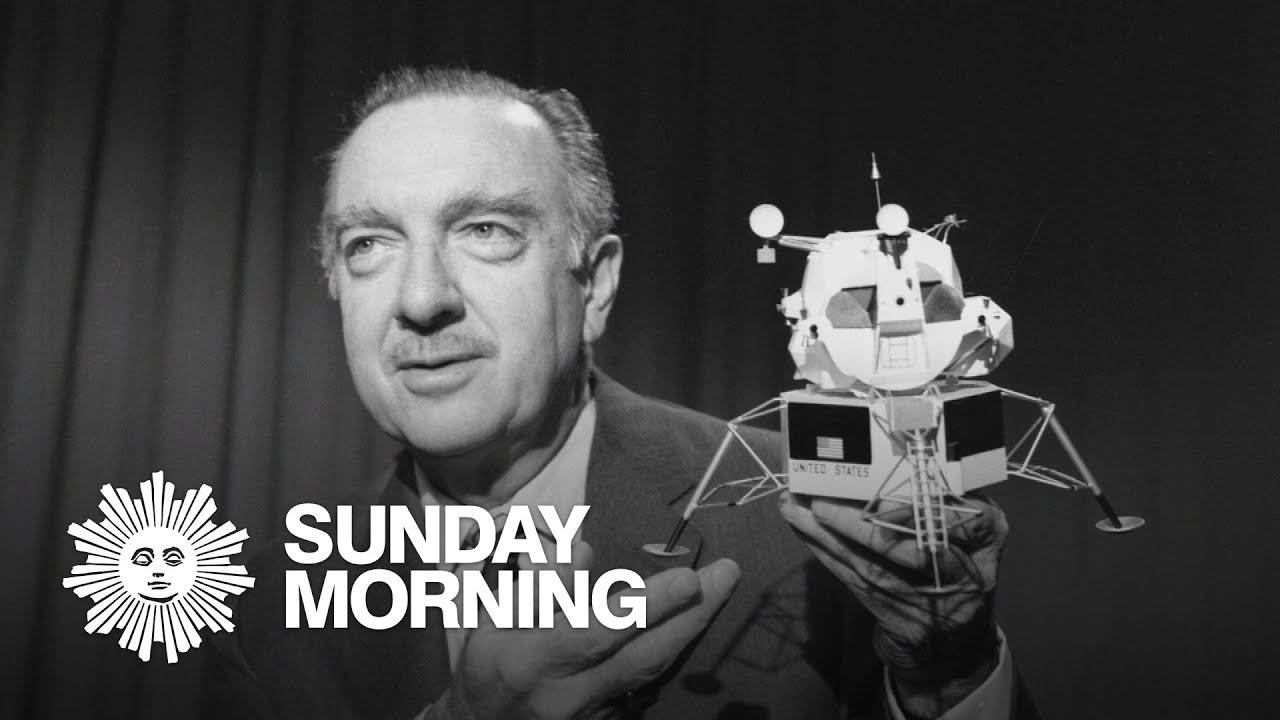
Cronkite The Legendary Voice Of American News
Walter Cronkite remains an iconic figure in journalism, renowned for his integrity and deep commitment to truth in his reporting. Throughout his career, Cronkite not only shaped the landscape of American news but also became a trusted figure during pivotal moments in history. His reporting established a standard that journalists uphold today, navigating the challenges of a fast-paced media environment. This article examines the enduring impact of Cronkite’s legacy on contemporary journalism, media ethics, and public trust in news reporting.
7 Defining Moments: Cronkite’s Influence on American Journalism
Walter Cronkite began his journey as a war correspondent during World War II, where he showcased an unwavering determination to deliver authentic narratives to the American public. Reporting on the front lines, he brought the brutal reality of combat into living rooms across the nation. His vivid depictions and firsthand accounts helped solidify his reputation, setting a high standard for war journalism. This ground-breaking coverage laid the groundwork for future journalists, emphasizing the importance of immersive storytelling.
November 22, 1963, marked a pivotal moment in journalism with Cronkite’s emotional announcement of President John F. Kennedy’s assassination. His somber yet composed delivery reflected the gravity of the situation, marking a seismic shift in the way news was presented. The blend of factual reporting infused with human emotion captured a national audience’s hearts. From that day forward, viewers accepted television not just as a source of information but as a shared experience that bridged distances.
Cronkite was undeniable in elevating the Civil Rights Movement through his extensive coverage of crucial events like the Selma to Montgomery marches. His commitment to reporting on social justice issues offered American audiences a window into the struggles for equality. By emphasizing empathy in his broadcasts, Cronkite helped cultivate a sense of urgency and compassion among viewers, igniting a national discourse on civil rights and justice.
The Vietnam War became a defining chapter in Cronkite’s career. In 1968, after the Tet Offensive, he declared the conflict unwinnable, sending shockwaves across the nation. This bold stance significantly shifted public opinion and influenced government policy, showcasing the media’s powerful role as a political catalyst. His honest reporting demonstrated how facts could transform perceptions and foster public discourse.
Cronkite’s live coverage of the Apollo 11 moon landing on July 20, 1969, was a triumph of both journalism and technology. His enthusiastic narration of humanity’s first steps on the moon captivated audiences, reaffirming television as a medium for shared cultural moments. The event showcased the potential of journalism to bind a nation together, filling people with awe and pride as they witnessed history unfold.
During the Watergate scandal, Cronkite played a crucial role in exposing political corruption. His incisive journalism brought transparency to a complex situation and resonated with an audience hungry for accountability. Through his reporting, Cronkite underscored the significance of the media’s watchdog role, urging Americans to scrutinize their leaders and demand integrity in government.
As the media landscape shifted dramatically towards digital platforms, Cronkite’s principles continue to hold significance. Even after his passing in 2009, his dedication to accuracy, integrity, and fair reporting serves as a guide for today’s journalists. In a media environment flooded with misinformation, Cronkite’s method of thorough research and objective storytelling inspires current anchors who aim to foster trust with their audiences, just like the impactful voices in journalism of today.

Cronkite’s Legacy in the Age of Information
As we traverse through 2026, the lessons derived from Cronkite’s approach to journalism are more essential than ever. In an era characterized by a torrent of misinformation and rapid news cycles, the demand for ethical journalism has grown more pronounced. Cronkite’s unyielding dedication to fact-checking and rigorous reporting stands as a lighthouse in the stormy sea of sensationalism. This commitment encourages today’s journalists to prioritize the truth over speed.
Today, media platforms wrestle with the challenge of maintaining public trust amidst a tidal wave of fake news and clickbait. Cronkite’s methodology—emphasizing thorough research, balanced analysis, and audience engagement—serves as a blueprint for aspiring journalists. His legendary broadcasts cultivated a sense of accountability in storytelling that echoes through the work of contemporary journalists like Anderson Cooper and Rachel Maddow. They embody a similar earnestness in their delivery, paving the way for ethical reporting in today’s digital landscape.
As new technologies emerge and the media continues to evolve, Cronkite’s values remain vital. The importance of clear, truthful reporting transcends generations, reminding us that journalists have a responsibility to uphold integrity. Given the rapid changes in how news is consumed, balancing technological innovation with the timeless tenets Cronkite championed ensures future generations of journalists can maintain public trust and aid in fostering informed discussions.
The Enduring Impact of a Beloved Broadcaster
Walter Cronkite’s legendary voice transcends time; his impact continues to resonate within journalism and public expectations of news today. As society evolves, so too must the values that Cronkite instilled in the media landscape. His steadfast insistence on truth and ethical journalism creates a solid foundation for ensuring informed public discourse and a vibrant democracy. The emphasis on accountability in reporting and the journalist’s role as a trusted guide through tumultuous times remains profoundly relevant.
Cronkite’s influence extends beyond the television screen into the hearts and minds of those in the industry today. The way he engaged with viewers set a benchmark for connection and authenticity, elements that modern journalists strive to replicate. Now, as audiences demand more transparency and accountability, the legacy of Cronkite remains a beacon that calls for renewed commitment to the principles he stood for. Indeed, Cronkite’s legacy is timeless, and its echoes will continue to shape the future of journalism for years to come.

Cronkite: The Legendary Voice of American News
Fun Facts About Cronkite
Walter Cronkite, widely regarded as the “most trusted man in America,” had a world of stories and surprises tucked away beyond his iconic news broadcasts. Did you know that during World War II, he served as a war correspondent for United Press? Among his assignments was covering the liberation of concentration camps, an experience that forever marked him and shaped his journalistic integrity. This bravery shines through the precision of even the most complex journalistic endeavors, much like those undertaken during the time of the 30-year home loan interest rates crisis when financial security takes center stage.
Moreover, Cronkite’s career spanned several decades, and he was known for his remarkable ability to connect with viewers. This trait could easily be likened to the charm of Hollywood’s legendary casts, like that of Legends of the Fall—a film that continues to capture hearts. His signature sign-off, “And that’s the way it is,” has etched itself into the minds of many, embodying not just news reporting but also a calm assurance, much like the soothing waves of a beach you might find in the popular Laguna Beach show.
But Cronkite’s influence extended beyond just news; he was also a significant cultural figure. After retiring, he threw himself into various projects, including narrating documentaries. In an unexpected twist, he even dabbled in the realm of popular culture, inspiring many—including emerging artists like the Lady Of Rage, who found inspiration in his charismatic style. This crossover between news and the arts highlights Cronkite’s knack for bringing seemingly different worlds together.
In an odd tidbit, Cronkite’s first job was as a brad Nails delivery boy for a local construction company—proof that everyone starts somewhere, including the titans of journalism. Just as he shaped the news landscape, today’s innovators are shaping trends, whether they be in finance, like with the latest updates after the 2024 Iowa Caucuses Results, or in fashion, much like the ever-popular New Balance 860. Essentially, Walter Cronkite’s legacy is a fascinating tapestry of life experiences, blending hard news with the vibrant threads of pop culture—a testament to how diverse our storytelling can be today.













